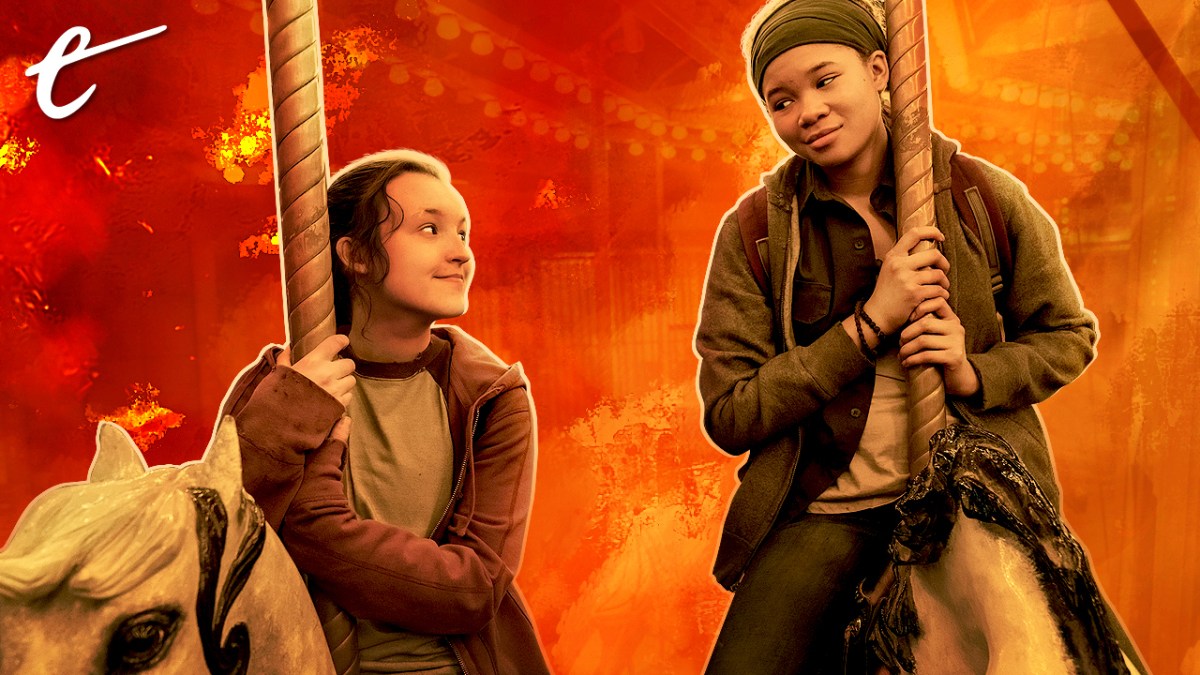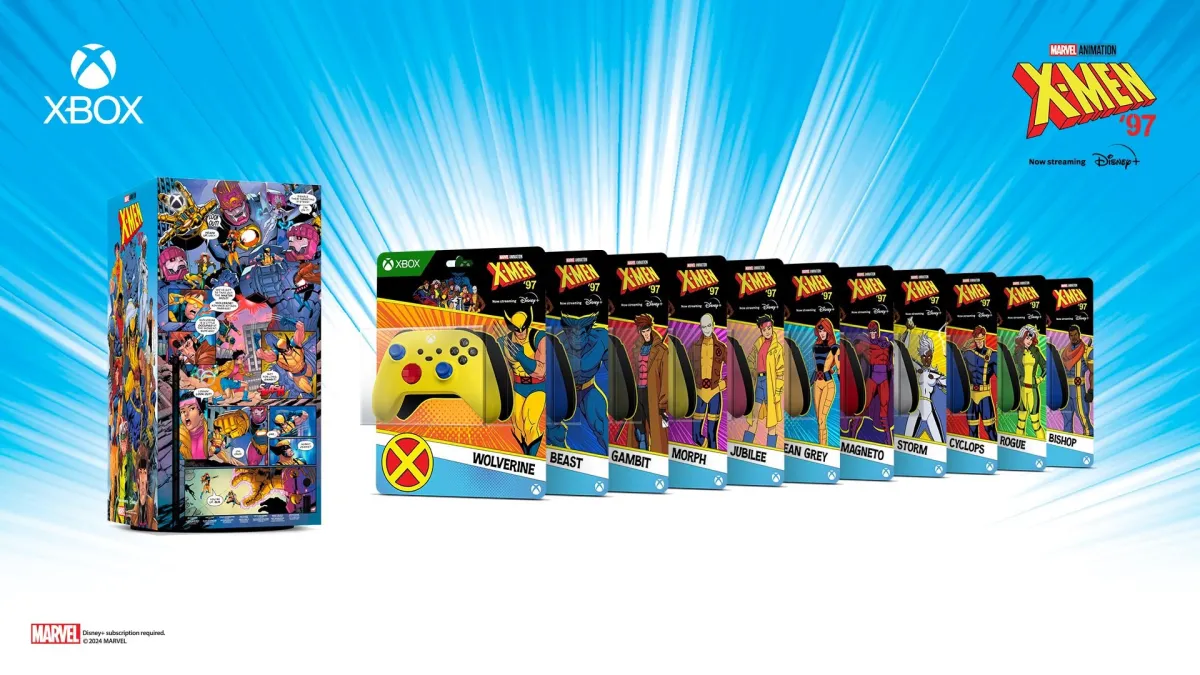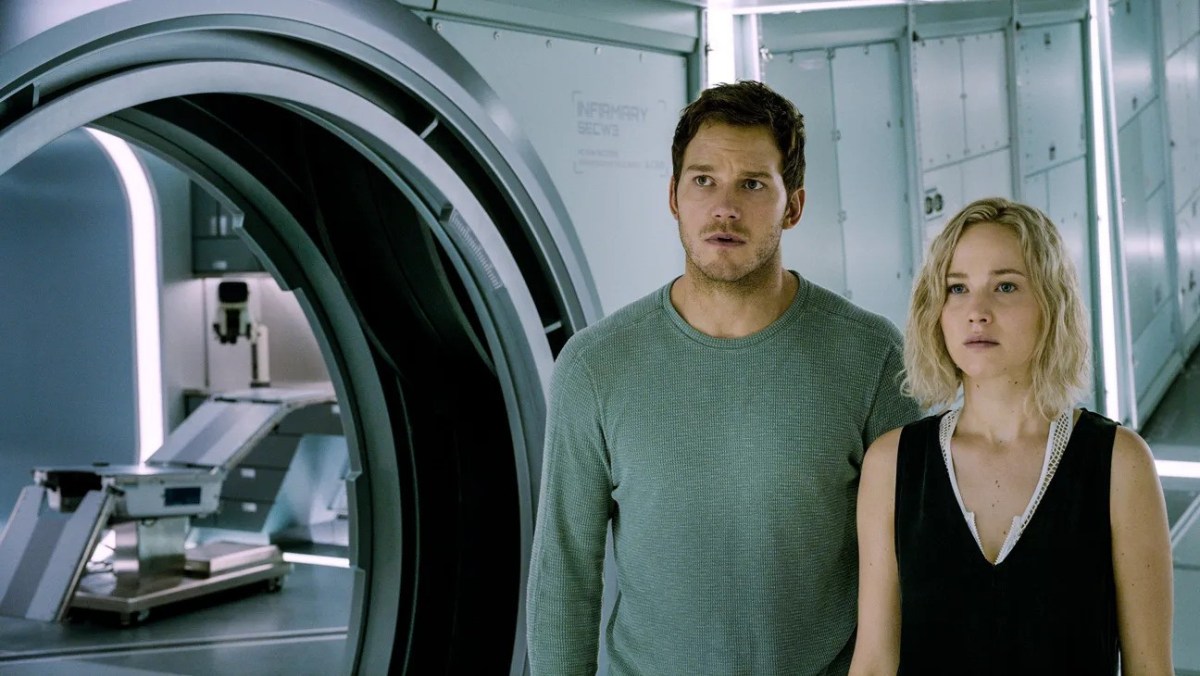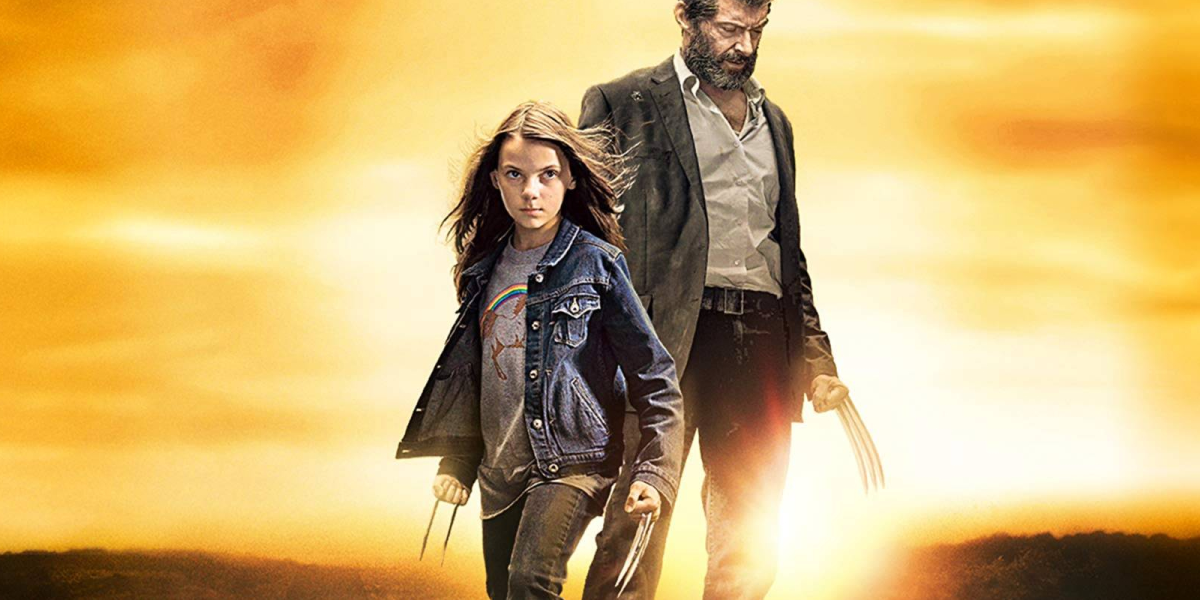This discussion and review contains spoilers for The Last of Us episode 7, “Left Behind.”
The Last of Us is undoubtedly a two-hander. It is the story of Joel (Pedro Pascal) and Ellie (Bella Ramsey). Pascal and Ramsey are the show’s only two credited leads, and the series charts the evolution of the relationship between the pair.
Nevertheless, there is a strong sense that The Last of Us is more Joel’s story than Ellie’s. After all, the bulk of “When You’re Lost in the Darkness” was given over to exploring Joel’s backstory and history. In fact, Ellie wasn’t supposed to appear in the original version of the series premiere. According to Neil Druckmann, the original plan was for the first episode to follow Joel through the apocalypse and then “end on the 20 years later where you see Joel throw the kid in the fire.”
While Ellie is a well-developed character, thanks to both Craig Mazin’s scripting and Bella Ramsey’s performance, the show still unfolds largely from the perspective of Joel. In “Kin,” the show explores Ellie’s anxiety at the possibility of being abandoned by Joel, but the character arc of the episode follows Joel as he makes the active decision to stay with Ellie. The Last of Us is largely a story about parenthood, and so it is told through the perspective of the parental figure.
This is true of the source material. The game attracted some criticism for being told primarily from Joel’s point of view. While rejecting criticisms of the game’s gender politics, Danielle Riendeau acknowledged that the game was “almost entirely Joel’s story.” The production team was aware of this perception. Druckmann acknowledged that the ability to play as Ellie would be one of the things the creative team would “lie about in interviews” before release, which foregrounded Joel.
One of the interesting things about The Last of Us as a television adaptation is that it has the luxury of drawing from more than just the original game. Ellie’s backstory doesn’t necessarily play a huge part in the game itself, but the creative team still workshopped. Druckmann has talked about how it was “one of the things (he) had to figure (out)” when working with actor Ashley Johnson on the video game character. Those ideas were then spun out into the Dark Horse tie-in comic, American Dreams.
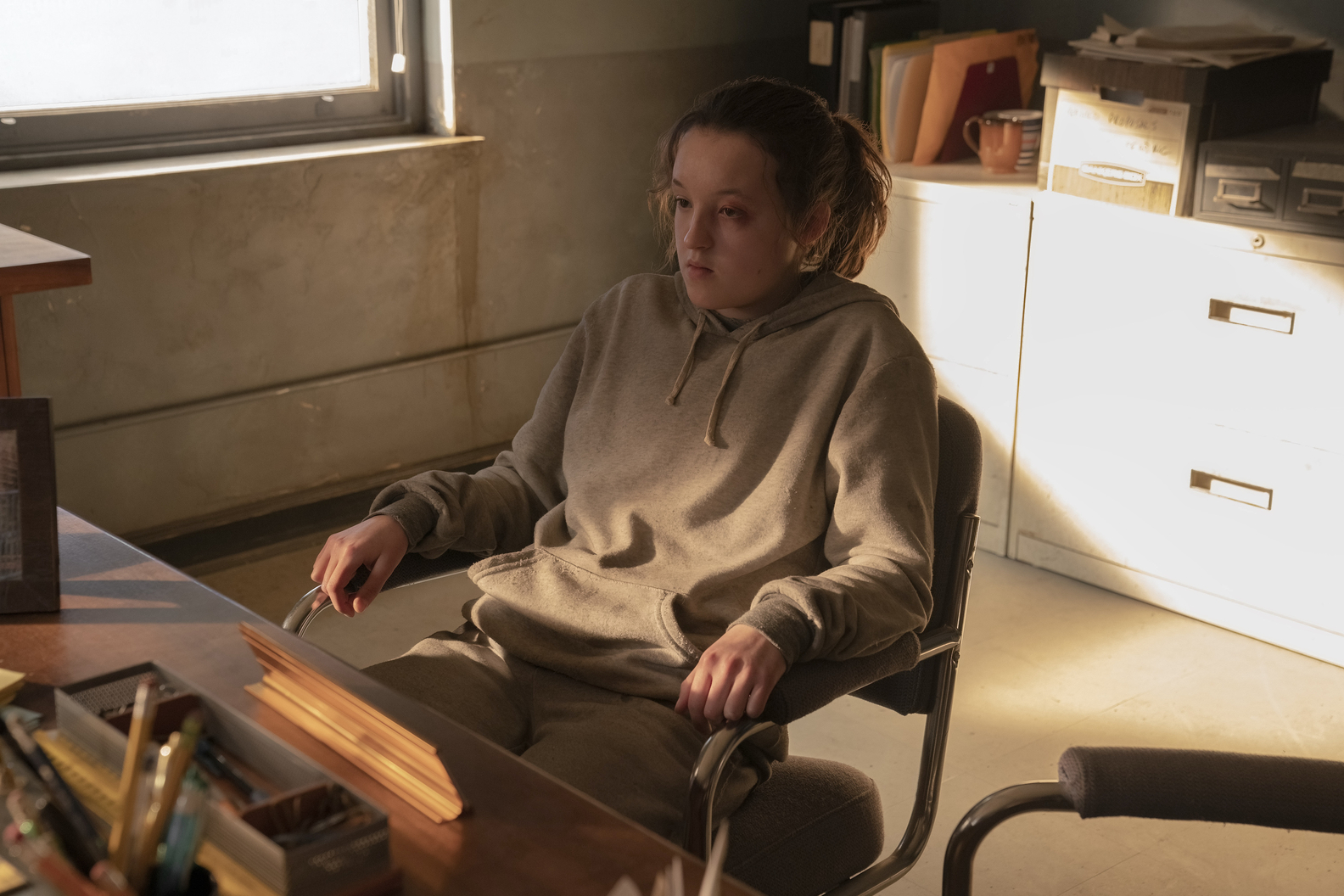
When the decision was made to develop an expansion pack for The Last of Us, the creative team decided to develop Left Behind as an exploration of the backstory introduced in American Dreams. As Druckmann has acknowledged, they “would not have done the DLC without the comic book” as a basis. Although Left Behind was released the year after The Last of Us hit shelves, the story is a flashback with a framing sequence set during the events of the original game.
The nature of the release of both American Dreams and Left Behind meant that Ellie’s character development felt somewhat supplemental and even retroactive to the original game. In most cases, players would have finished The Last of Us before playing Left Behind. It was an addendum, an appendix to the larger story. In contrast, the television show has the luxury of taking a more holistic view of the larger franchise. It can fold these chapters into the story as it is in progress.
As such, Left Behind is not just an addendum; it is a vital part of the larger story being told over the course of the season. It isn’t inviting the audience to retroactively reassess Ellie in the wake of an already concluded narrative, but instead demonstrating her growth within the narrative itself. In fact, “Left Behind” arrives at the perfect point in the season thematically, as a development of the show’s larger preoccupation with parenthood. It is, in short, a coming-of-age story.
The first season of The Last of the Us is closer to the end than to the beginning. Joel has arguably completed most of his character arc, making the choice to accept responsibility for Ellie. Ellie has embraced him as a father figure, something that she has never had. The next logical step on their shared journey is to take that safety net away from Ellie, to put Ellie in a position where she cannot rely on Joel to protect her, and where she has to assume responsibility for herself — and for him.
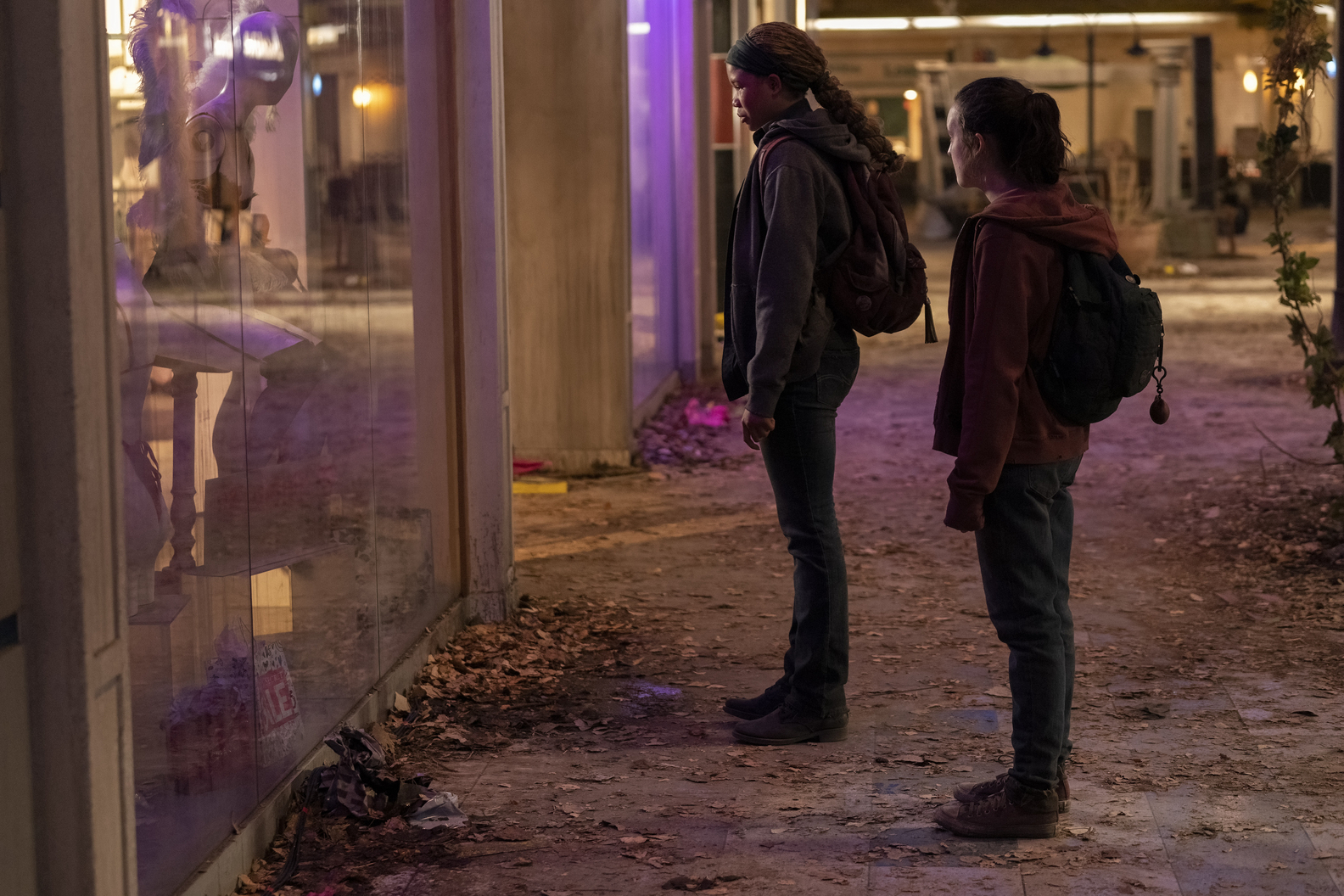
The episode’s framing device picks up from the ending of “Kin.” Joel has been wounded. He is severely injured. Ellie is forced to care for him, inverting the show’s central dynamic. In its own very heightened and accelerated way, it dramatizes one of life’s great ironies — the inevitability that many children will at some point find themselves acting as caretakers for the people who raised them. In that moment, Ellie has to become an adult, begging the question: Was she ever truly a child?
“Left Behind” obviously owes a lot to George A. Romero’s Dawn of the Dead, with its post-apocalyptic mall setting. However, the flashbacks also pay homage to more archetypal teenage movies. As Ellie and Riley (Storm Reid) share a wonderful evening in an abandoned mall, the show is offering its own riff on the mall culture of the ’90s, the fantasy of teenage life suggested by movies like Mallrats or Clueless. It’s the culture Ellie and Riley never got to enjoy before the world ended in 2003.
It is strangely affecting to watch Ellie and Riley play around in an abandoned and overgrown mall, effectively constructing a cargo cult around a lifestyle that they will never know. Ellie is wowed by something as simple as “electric stairs,” confused by a pun that includes the word “screenshot,” and confuses a photo booth with “a time machine.” Riley ponders the point of lingerie, even beyond its obvious aesthetic appeal. There’s an innocence to all of this.
Of course, the mall setting reinforces the show’s recurring fascination with the zombie-esque horror of late capitalism. “When You’re Lost in the Darkness” revealed that illegal drug dealing and graft survived the end of the world; citizens might live in some nightmarish state run by “fascist dickbags,” but there are still factories in Atlanta mass-producing opioids that can be sold on the black market. Naturally, even in the apocalypse, the mall is somehow still the center of American life.
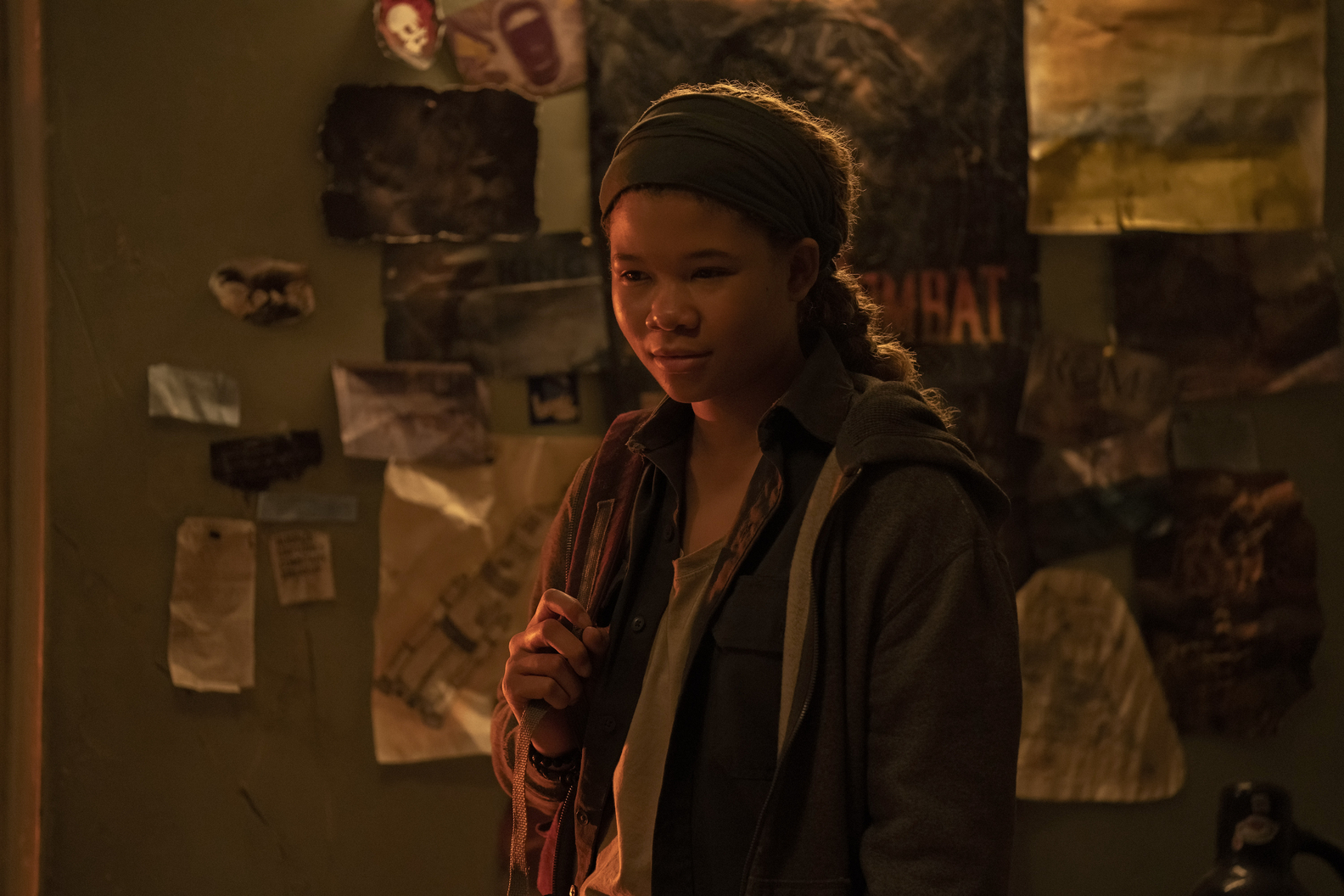
More than that, “Left Behind” reinforces the sense that Ellie never got the opportunity to be a kid. She was born into a world that had already collapsed and has never known a day without existential struggle. Even in “Left Behind,” she is attacked by an infected host the moment that she lets her emotional guard down with Riley. She is theoretically in the safest possible environment with the safest possible person, and it still becomes a life-and-death crisis.
The intro to “When You’re Lost in the Darkness” suggested the show could be read as a metaphor for climate change. The Last of Us hasn’t dwelled too heavily on this, foregrounding its character dynamics and its exploration of parenthood. Still, building an episode around two teenage girls who cannot be teenage girls because of that threat ties back into that theme. After all, kids like Greta Thunberg have talked about having their childhood taken from them by the climate crisis.
Then again, this is the heart of a coming-of-age story. Many of these stories about teenagers maturing involve confronting mortality. The most direct example might be Stand by Me, a story about a bunch of kids setting out specifically to see a dead body. “Left Behind” draws attention to this with the dead body that Riley and Ellie find in the old apartment building. “Is that the first dead body you ever saw?” Ellie asks Riley. It isn’t the first dead body Riley saw, but it may be the first for Ellie.
Of course, it won’t be the last. While Stand by Me is ostensibly a story about young Gordie Lachance (Wil Wheaton) embarking on a quest to see a dead body, the flashback is also a way for a much older Gordie (Richard Dreyfuss) to work through the recent death of his childhood best friend Chris (River Phoenix). The dead body near the start of “Left Behind” serves a similar purpose. Ultimately, the story ends with Ellie confronting the death of Riley, her best friend and maybe the love of her life.
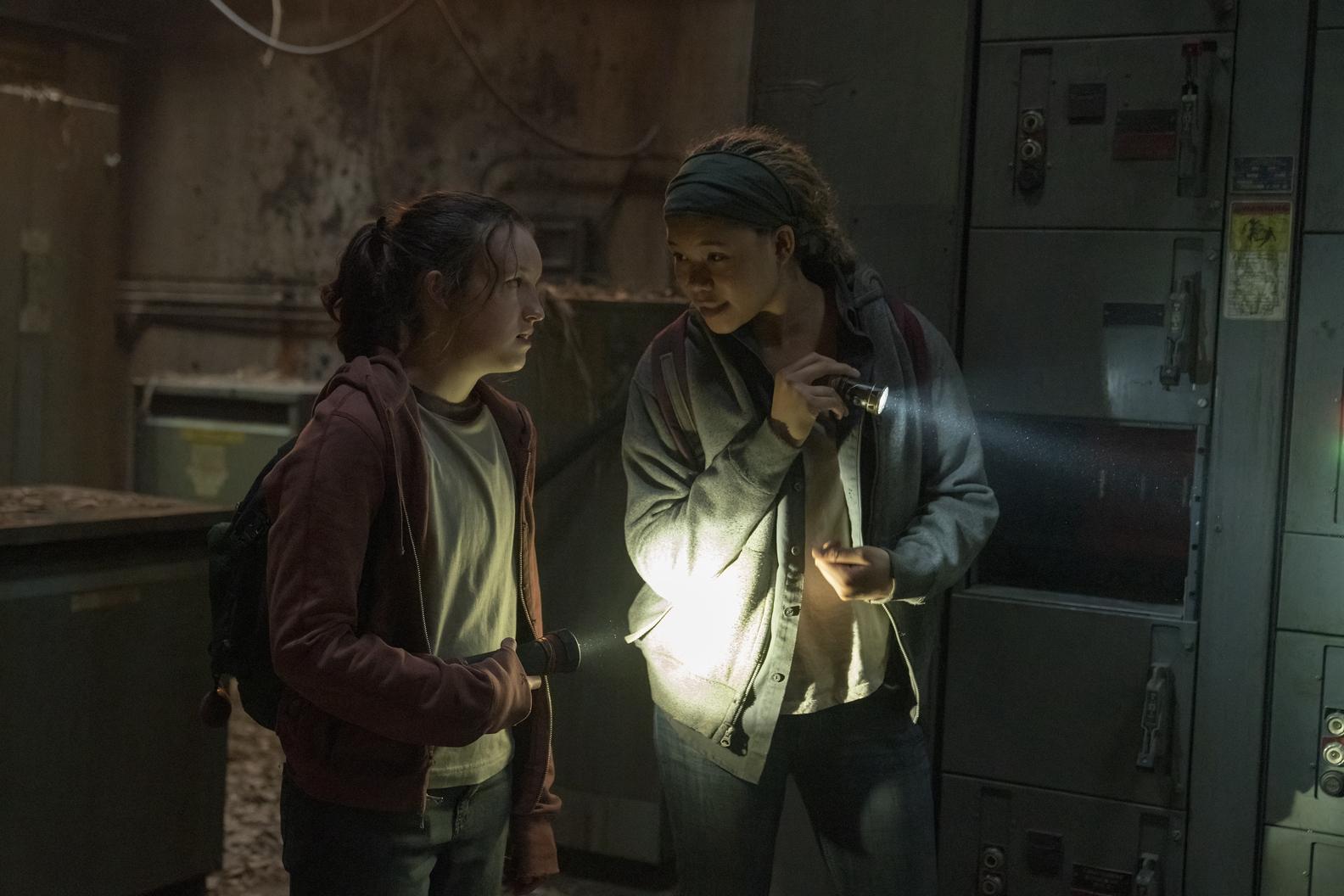
“Left Behind” circles back to that idea of belonging and family. While Joel obviously had a family before the apocalypse, Riley makes it clear that Ellie never knew that sort of love. “I think you don’t know everything,” Riley tells her former roommate. “You don’t know what it was like to have a family, to belong. I mean, I didn’t have them for long, but I had them. I belonged to them. And I want that again. Maybe the Fireflies aren’t who I think they are, but they chose me. I matter to them.”
That need to “belong” or to “matter” is perhaps the central theme of The Last of Us, in that it is the central drive for the characters. Ellie is convinced that her life might “matter” if she can help provide a cure or a vaccine for the infection, that she might matter or belong to everybody. Joel seeks redemption for his failure to protect his daughter Sarah (Nico Parker). Ultimately, this seems to transcend any ideology or belief, any set of value systems.
Riley might talk about the morality of fighting the “fascist dickbags starving their own population,” but really she just wants people that she can call her own. Similarly, Ellie seems drawn to FEDRA for the same reason. When she arrives in Captain Kwong’s (Terry Chen) office, Ellie studies the picture of his family. Later, trying to justify herself to Riley, Ellie repeats Kwong’s argument that FEDRA is the civic glue that binds mankind to each other, “In a way, FEDRA kinda holds everything together.”
The Last of Us is a show that is in many ways about codependency — about what people need from one another, and how sometimes that need is simply to be needed. It’s telling that Riley’s monologue about needing to “matter” to the Fireflies is met with a simple response from Ellie, “You mattered to me first.”
Related: HBO Max’s Twitter Account Seems Confused About Ellie and Riley on The Last of Us on The Mary Sue

